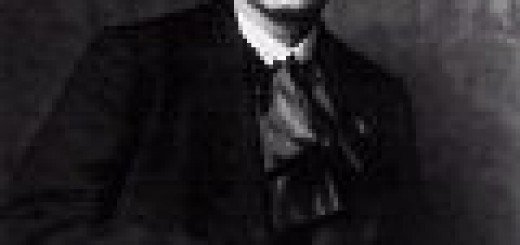Homeopathy
 QUESTIONS ABOUT IDEAS WHICH CANNOT BE RATIONALLY OR SCIENTIFICALLY VERIFIED
QUESTIONS ABOUT IDEAS WHICH CANNOT BE RATIONALLY OR SCIENTIFICALLY VERIFIED
Homeopathy is a system based on the principle that a much diluted preparation of a substance that causes symptoms in healthy individuals can cure disease that causes the same symptoms in a sick person. It was developed in the late 1700s by a German doctor named Samuel Hahnemann as an alternative to the then pre-scientific conventional medicine of the day such as bloodletting, and other practices designed to balance the body’s four “humours” which were thought to be: phlegm; blood; yellow bile; and black bile.
His disillusionment with the severe treatments being used at the time, was well founded.
In a BBC report Branwen Jeffries explains in a simple way how homeopathic medicines are little more than water. The report also outlines the objections of a group of UK MPs to the funding of homeopathy on the NHS.
The House of Commons Science and Technology Committee said using public money on the highly-diluted remedies could not be justified.
The cross-party group said there was no evidence beyond a placebo effect, when a patient gets better because of their belief that the treatment works. But manufacturers and supporters of homeopathy disputed the report, saying the MPs had ignored important evidence. It is thought about £4m a year is spent on homeopathy by the NHS, helping to fund four homeopathic hospitals in London, Bristol, Liverpool and Glasgow and numerous prescriptions. Homeopathy is a 200-year-old system of treatment that uses highly diluted substances – sometimes so none of the original product is left – that are given orally in the belief that it will stimulate the body’s self-healing mechanism.
Despite scientific reports showing that ‘homeopathy is nonsense’ many people believe that it has cured their ailments. Americans spend $3 bil a year on homeopathic medicines.
In the UK homeopathy is getting some influential backing. In a series of letters Prince Charles lobbied ministers to change public spending plans in favour of complementary and homeopathic medicine.
It could be said that medicines which are little more than sugar water can at least do no harm (other than waste money), but there have been claims made for its curative benefits which could have had serious outcomes. In April 2008, Neal’s Yard was investigated by the BBC for claiming that the homeopathic preparations they sell can help prevent and treat serious fatal diseases such as malaria. It was reported that this practice was “highly dangerous and it puts people’s lives at risk.” Neal’s Yard accepted there was no proof that it worked and discontinued the product. There have also been claims that homeopathic medicines can reduce or safeguard against the effects of radiation.
An undercover study showed that 1754 Britons caught the mosquito-borne parasitic infection in 2014 and 11 died. Many of the deaths were caused by the holidaymakers either not completing the course of tablets given by their GP, or relying on other medicines, which could include homeopathic treatments.




